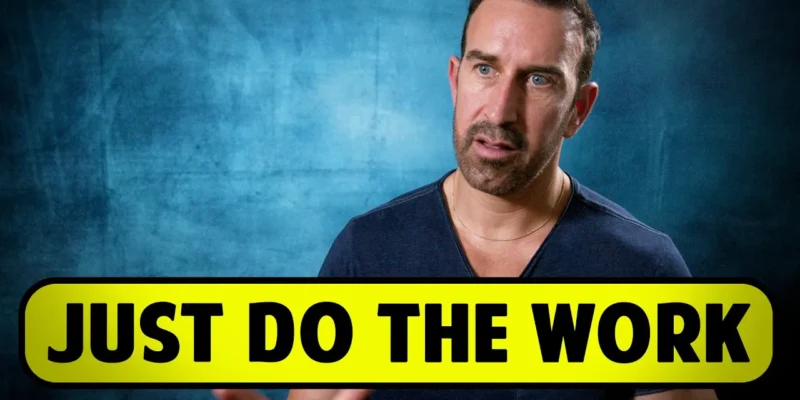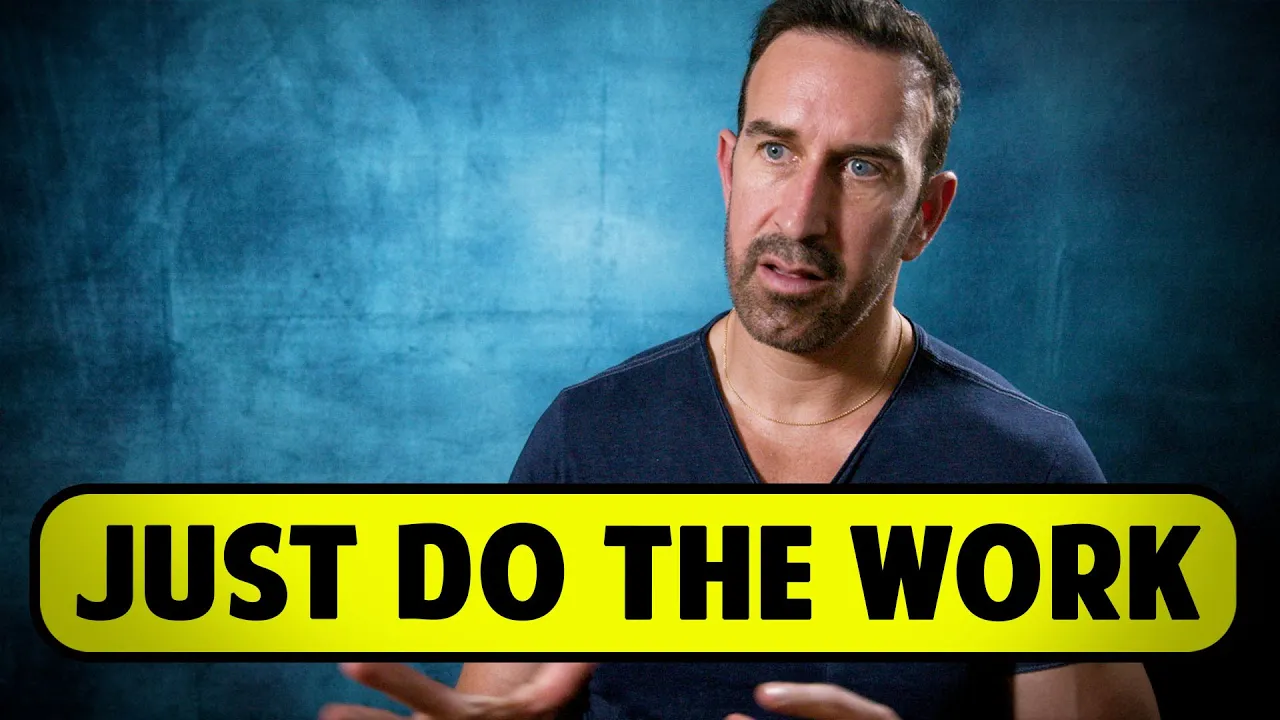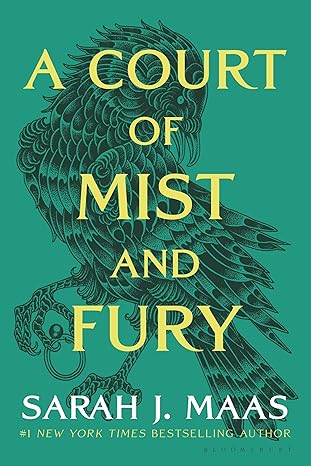
Overcoming Anxiety in the Writing Process

Understanding the Roots of Anxiety
Writing can be a daunting task, and for many, the mere thought of it can trigger anxiety. It’s not unusual to feel overwhelmed by the process of storytelling. The anxiety often stems not from the act of writing itself but from the anticipation of it. Recognizing this distinction is the first step toward overcoming it.

The Creative Process Begins in the Mind
Before any words hit the page, the writing process often begins in our heads. Ideas for stories can flood in at any moment, often captured in notes on our phones or jotted down on scraps of paper. These ideas can stem from unique concepts, personal experiences, or narratives that simply need to be told. The motivation behind writing often comes from the desire to share a perspective or story that hasn’t been explored yet.

Writer’s Block: The Mental Barrier
Many writers struggle with writer’s block, which is often a mental barrier rooted in anxiety. This block can prevent individuals from sitting down and actually writing. The key to overcoming this barrier is to shift focus from the anxiety of writing to the act of writing itself. Outlining the story and breaking it down into manageable scenes can help alleviate this pressure.

Getting Started: The Importance of Action
The most important step is to simply start writing. Whether the first draft is good or bad doesn’t matter; the goal is to get words down on the page. Once you begin, you can always revise later. The anxiety often dissipates once the process of writing is initiated. Setting aside dedicated time to write is crucial, and it’s essential to understand that it’s okay if the first draft isn’t perfect.

Discipline and Drive: The Writer’s Mindset
Discipline plays a significant role in the writing process. Many successful writers are driven to achieve their goals, often focusing on the steps necessary to complete a project. This determination helps them push through obstacles and distractions. Setting clear objectives and breaking projects into smaller tasks can make the writing process feel less overwhelming.

Embracing Failure as Part of the Process
Fear of failure can be paralyzing, but it’s important to remember that not every piece of writing will be a masterpiece. Embracing the possibility of failure can liberate writers from the pressure to be perfect. Understanding that it’s normal to produce work that doesn’t meet expectations allows for growth and improvement. The process of writing itself is a learning experience.

Setting Realistic Goals
When working on a larger project, such as a screenplay or novel, it can be helpful to set realistic, achievable goals. Instead of focusing on the entirety of the project, concentrate on one scene or element at a time. This approach can make daunting tasks feel more manageable and less intimidating. Celebrating small victories along the way can also provide motivation to keep going.

Developing Characters and Dialogue
Creating believable characters and writing engaging dialogue are crucial components of storytelling. Understanding your characters deeply allows you to anticipate how they would react in various situations, which will make their dialogue feel authentic. Writers often find that the more backstory they give their characters, the easier it becomes to write their interactions and voices.

Finding Inspiration in Others
Inspiration can often come from other creators. Many writers draw influence from shows, films, and books that resonate with them. Understanding the elements that make these works engaging can help shape your own writing style. While it’s important to be original, there’s no harm in acknowledging the influences that shape your narrative voice.

The Role of Collaboration
Collaboration can also enhance the writing process. Whether it’s working with a writing partner or seeking feedback from peers, collaboration can bring fresh perspectives and ideas. Sometimes, another set of eyes can help identify strengths and weaknesses in your writing that you may have overlooked.

Conclusion: Learning Through Doing
Ultimately, the best way to overcome anxiety about writing is to dive in and start creating. The more you write, the more confident you will become in your abilities. Remember, every writer has their struggles, but the key is to keep pushing forward. Embrace the process, learn from your experiences, and allow yourself the freedom to write without fear.

Additional Resources
If you’re looking for more support and inspiration, consider exploring Film Courage | Substack for insights from screenwriters, filmmakers, and creators on the creative process. Their community shares valuable experiences that can help you on your journey.
For those interested in watching comedic storytelling, check out Watch Bad Advice – Free TV Shows | Tubi, a series that showcases the art of humor and character development.
Also, if you want to see a unique take on friendship and mishaps, consider watching Watch Wally Got Wasted (2019) – Free Movies | Tubi.
For more writing tips and advice, you can explore additional videos on YouTube that discuss overcoming writer’s block and managing anxiety in the creative process.

















